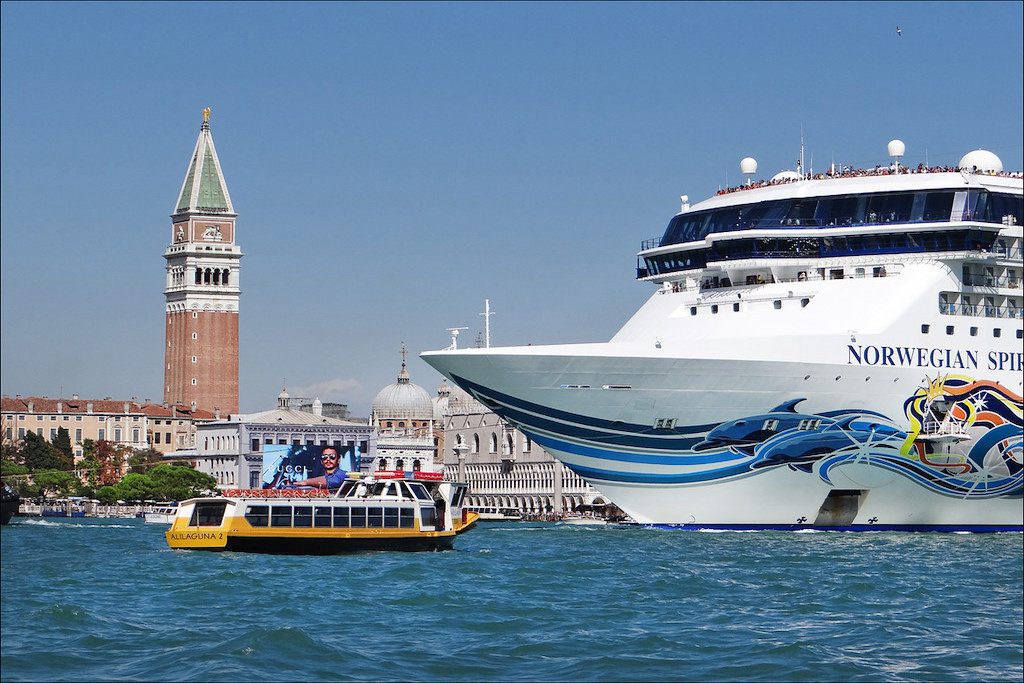UNESCO Could Have Helped Save Venice From Overtourism: Why Didn't It?

Skift Take
UNESCO had, by many accounts, plenty of reason to add Venice to its list of sites "in danger" at its most recent meeting. Its decision not to reveals the complexities of naming World Heritage sites in the age of mass tourism.
Venice Mayor Luigi Brugnaro made headlines last month in an unconventional yet effective way.
It was days after the MSC Opera cruise ship had crashed into a river boat and dock. The incident injured four people and roiled tensions in the already-heated cruise ship debate in Venice, a city which has been forced to deal with the ramifications of overtourism for years.
Brugnaro, in return, boldly declared that the situation with cruise ships in Venice had become so untenable he would personally ask UNESCO, the United Nations agency that facilitates the World Heritage Committee, to “blacklist” the city of Venice, which is a World Heritage Site.
In truth, much of the media reports about Brugnaro’s remarks left out a cruise ship-sized piece of the puzzle: UNESCO had already been deciding whether or not to put Venice on the so-called "in danger" list since 2014. In effect, the mayor was threatening to ask for something the committee has long been considering. Just this week, in a meeting that culminated on July 10 in Baku, Azerbaijan, the fate of Venice was once again in the hands of the committee.
There are 53 sites on Unesco’s “in danger” list, with just three of them in developed countries. Being added to the list requires sites to submit to more scrutiny and rigorous self reporting; for a world-renowned site like Venice, it'd also be pretty bad optics.
Could Venice’s mayor really want his own city — located in a country known for its arts, culture, and restoration — to be bestowed with this dubious distinction? And what would it mean if UNESCO agreed? The answers to those questions reveal the complications and politics the committee, which began its inscription of sites in 1978, is facing in the age of mass tourism.
In the Spotlight
Most people have heard of or even visited UNESCO World Heritage sites, but few know what they actually mean. The overall goal is to ensure preservation of cu
